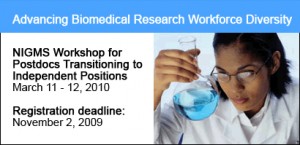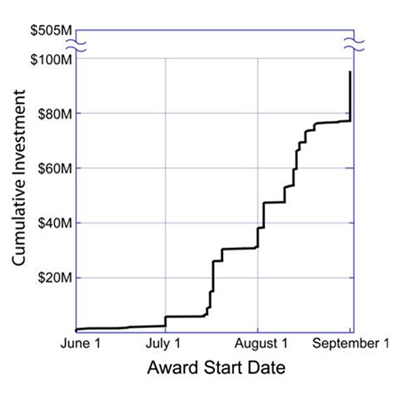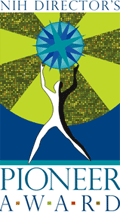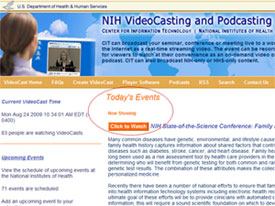Over the years, we have learned that drugs act in very complex ways and cause a combination of wanted and unwanted effects, many—if not most—of which are still poorly understood. Attaining a deeper knowledge of how drugs act in the body and their connections to therapeutic and toxicological outcomes now requires a systems-level approach.
At this time, NIGMS has a substantial grant investment in pharmacology and in systems biology, but we have not seen a great deal of activity integrating pharmacology with systems biology to benefit drug discovery and the understanding of drug action.

With this in mind, NIGMS hosted the first Quantitative and Systems Pharmacology Workshop last September. We brought together researchers from systems biology, pharmacology and pharmacokinetic/pharmacodynamic modeling to figure out how these fields can come together to advance drug design and discovery. The group addressed the topic from the standpoint of both horizontal integration (various networks in various cell systems) and vertical integration (connections between pathways at different levels of organization, tissues, organs, etc.). You can read the workshop report for a summary of the discussions.
An important outcome from the meeting was the feedback we got from participants about how far apart their disciplines presently are yet how much they have in common. The participants encouraged us to create more opportunities for them to interact and help bridge their disciplines.
To help promote and facilitate these interactions, we are now planning our second Quantitative and Systems Pharmacology meeting for fall 2010. We want your input to help shape the program. What do you think are the cutting-edge topics? What are the biggest challenges? What advances are needed to develop a systems approach to therapeutics?
You can comment here, or send an e-mail to me or any of the other meeting organizers. They include Sarah Dunsmore, Richard Okita and Peter Lyster from NIGMS and Grace Peng from the National Institute of Biomedical Imaging and Bioengineering.



 The workshop is called “Advancing Biomedical Research Workforce Diversity: NIGMS Workshop for Postdocs Transitioning to Independent Positions.”
The workshop is called “Advancing Biomedical Research Workforce Diversity: NIGMS Workshop for Postdocs Transitioning to Independent Positions.”
 NIH has announced the 2010 competitions for the NIH Director’s Pioneer Awards and the NIH Director’s New Innovator Awards. These awards support exceptionally creative scientists who propose highly innovative—and often unconventional—approaches to major challenges in biomedical or behavioral research. Both programs are part of the
NIH has announced the 2010 competitions for the NIH Director’s Pioneer Awards and the NIH Director’s New Innovator Awards. These awards support exceptionally creative scientists who propose highly innovative—and often unconventional—approaches to major challenges in biomedical or behavioral research. Both programs are part of the 
 Since my last post about PSI:Biology, I’ve received lots of questions about the initiative and the new funding opportunities. To answer these questions more broadly and encourage more applicants, we’re hosting a live
Since my last post about PSI:Biology, I’ve received lots of questions about the initiative and the new funding opportunities. To answer these questions more broadly and encourage more applicants, we’re hosting a live 

